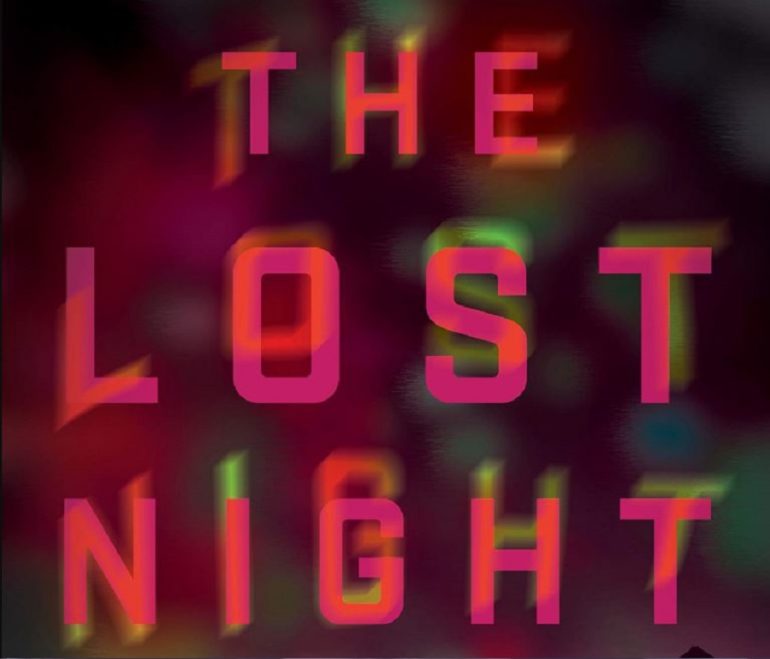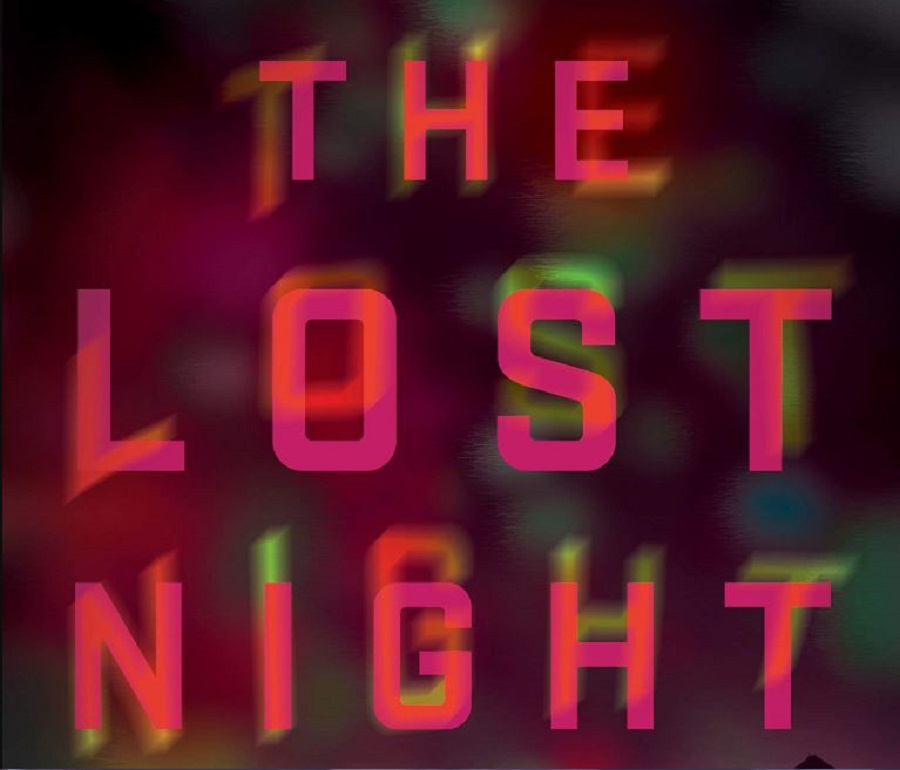“It was one of those silver days, overcast and still too bright, and when the door swung closed behind me, the air swallowed me right up.”
There is a fragility to memories that we don’t acknowledge. We treat them like hard-coded moments of certainty when the truth is akin to swirling bits of fog – a surrounding greyness that clouds and blows dust into our eyes. A memory feels known and tangible until it is questioned.
This is the case for The Lost Night’s main narrator Lindsay Bach, who believes she was at a concert the day her best friend Edie died, until a fellow friend rejects that story – 10 years after the fact. This leaves Lindsay with the nagging question of which version is the truth, setting her on a course of investigation to piece together the jagged pieces of that fateful night.
“I saw her as if in slow motion: red waves skipping over a cropped gold blazer, a sliver of pale stomach above indigo shorts, all skinny limbs and oversize confidence.”
We all have that one friend like Edie – the light source in a group, gathering friends around her like jostling moths, eager to bask in the beauty of the light yet blissfully unaware of the burns suffered from getting too close. Or maybe there is awareness, but also the recognition that they can’t let go of her despite the injury and the hurt.
There is a brief glimpse into Edie’s mind before Lindsey takes over the narration, but that brief glimpse is enough. It generates a healthy dose of skepticism for Lindsey’s perspective, since Edie wasn’t particularly fond of her towards the end of her life, a sentiment which Lindsay seems to return.
I keep turning Edie’s words within my own head, trying to figure out if a desire for oblivion is enough to make a person take her life. Yet, despite Edie being clearly in a state of pitfall, some of her friends have trouble believing that she would commit suicide. There are parts to the story that don’t add up – they feel, dark secrets they know contributing to this narrative of “she can’t have”.
The reader is entrenched in Lindsay’s search, and much like Lindsay, we find ourselves saddled with this immense need to know, while at the same time dancing with this unsettling feeling that we do know – we should know. We have been introduced to the main players, with Lindsay’s research and insight into the surrounding moments our pass-key to solving the entire thing.
God knows I tried to figure it out, but it is a sheer impossible task given the unreliability of Lindsay’s narrative. We drown in her perspective of loneliness, pitying her for the cage she wraps around herself, wondering if she let herself loose that night. Her culpability or lack of gets harder to pin down as Bartz mixes it up by switching narrators from time to time.
Bartz’ novel has often been likened to Paula Hawkins Girl on the Train, and while I agree, Bartz has skilfully developed far more distinct narrative voices – not an easy feat to accomplish. All these other narratives settle around Lindsay’s in a kind of periphery, with tiny hints as to the bigger picture at play. I am fifty percent in when I find myself flying through the book, needing to satiate my curiosity.
An hour in and I am at the end, pounding on the locked gate of Lindsay’s memories, begging to be let in. Then it becomes astonishingly clear, the pieces clicking together like a thousand piece puzzle. My only gripe is that the ending whittles away the tension Bartz has achingly build up – it goes on for far too long. There are a few times where the narrative abruptly cuts off in mid-action – meant to leave the reader in suspense, though by then I had already worked out the formula.
“Then I flicked off the light and fell asleep, fully dressed and with my home in shambles, Facebook open on my laptop, fogging up the apartment with old, invisible air.”
Still, I am satisfied with my journey into the book. For all her needy ways, Lindsay is actually a likable and relatable character. Having just reached my thirties as well, I can imagine all too well the sadness of having to leave behind one’s glittering twenties, being constantly swept back by the nostalgia but also wondering how on earth we lived like this. While Lindsay’s younger days are a bit more party-intense than my own, I see what lies underneath all that drinking and black-out days – a desire for connection, to love and be loved in return.
So yes, it is a mystery/suspense novel, but it is these flawed, imperfect inhabitants of the Calhoun Lofts that I take away with me. I store them away in the back of my head, wondering if they will look the same when I try to fish them out, time washing them indistinct – until all that is left is a lost night (of reading).
Review copy provided
Some of the coverage you find on Cultured Vultures contains affiliate links, which provide us with small commissions based on purchases made from visiting our site. We cover gaming news, movie reviews, wrestling and much more.




